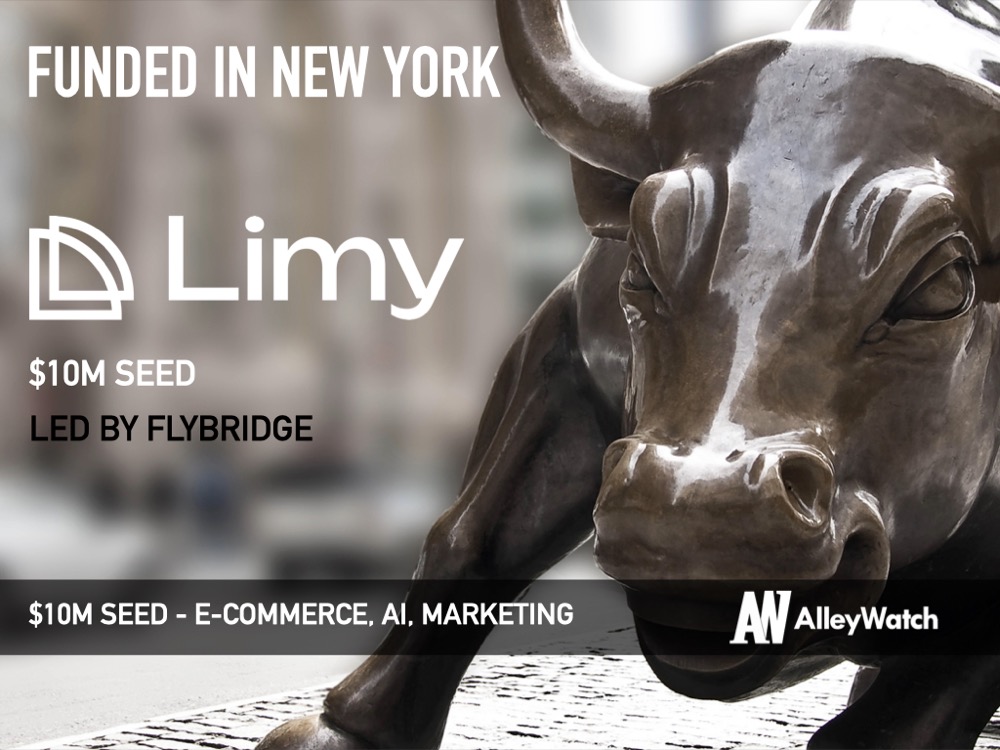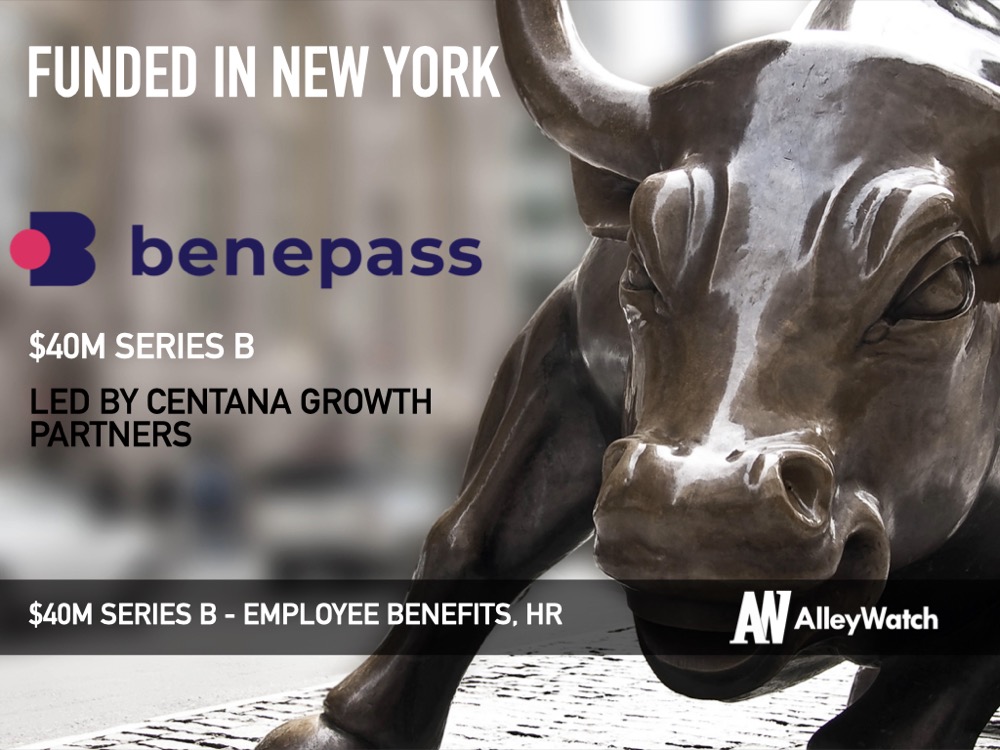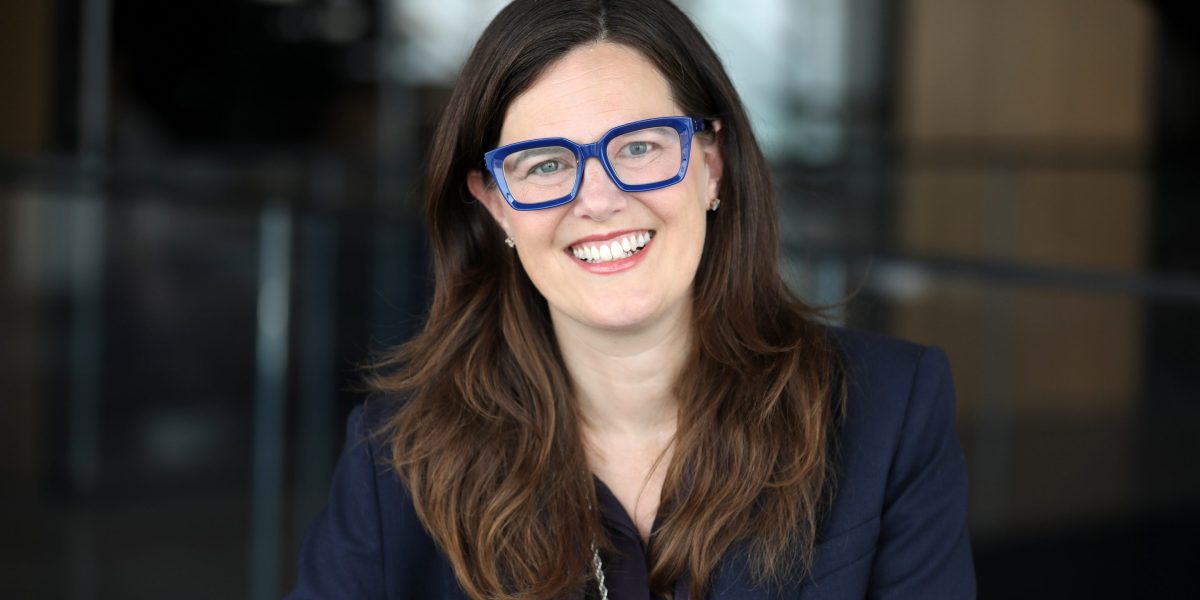fromSilicon Canals
2 hours agoQuote of the day by Steve Jobs "The only way to do great work is to love what you do." - Silicon Canals
But after years of chasing success in all the wrong places, I finally get what he meant. My first startup was everything I thought I wanted. We had funding, a slick office, and all the right buzzwords in our pitch deck. I was working 80-hour weeks, convinced that grinding harder would somehow make me love what I was doing. Spoiler alert: it didn't.
Startup companies












